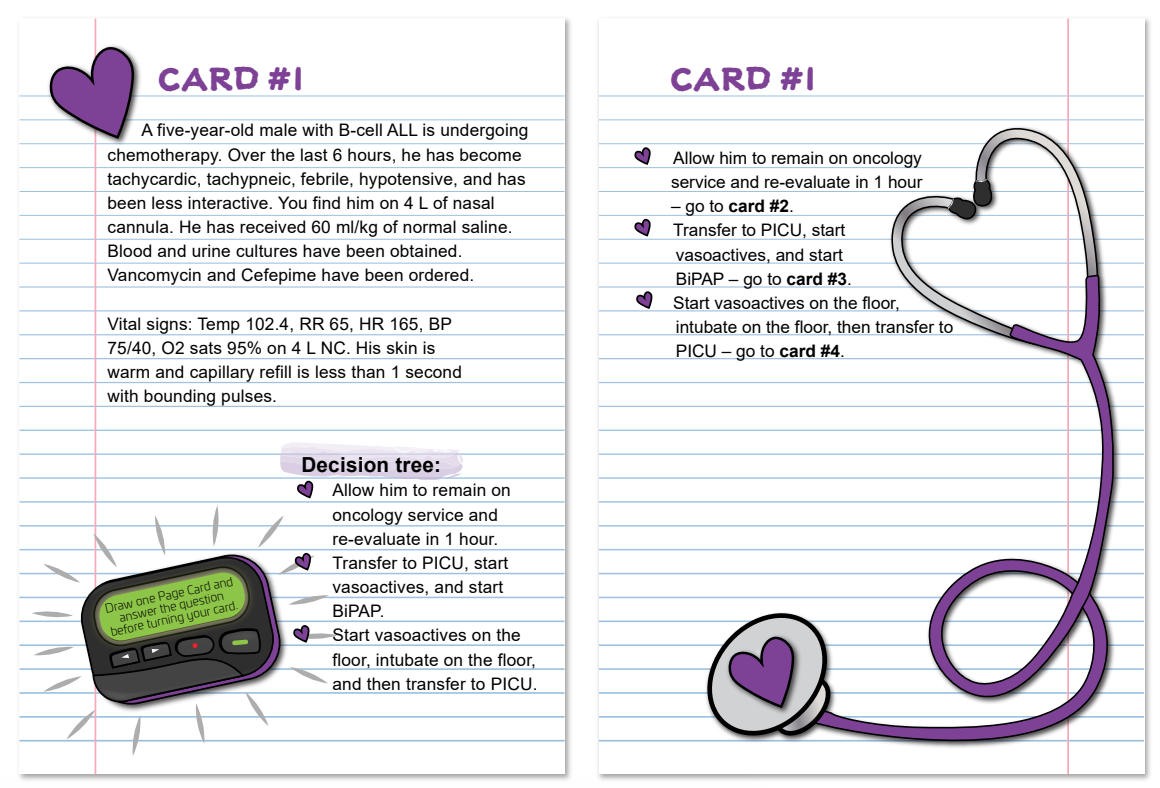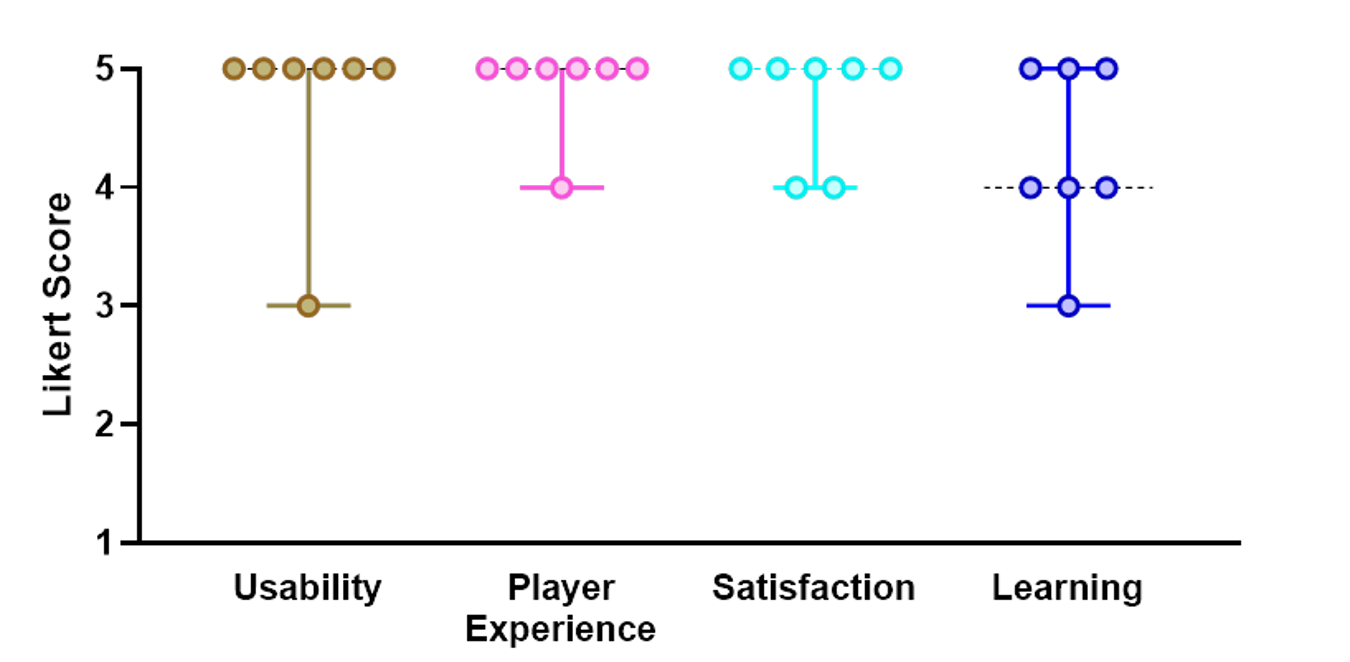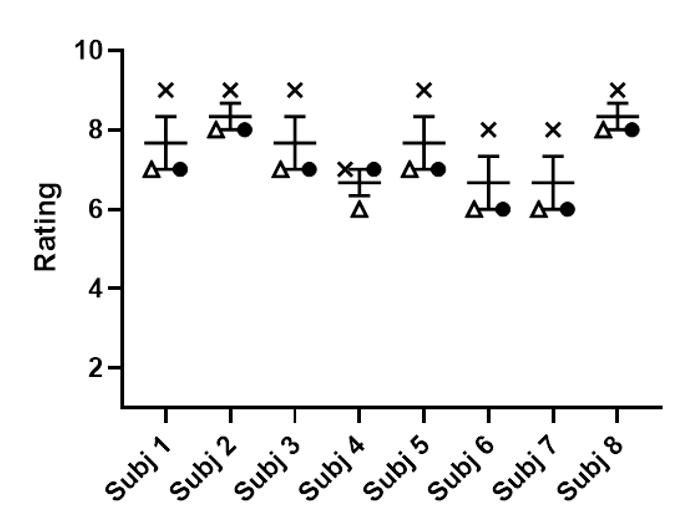Medical Education: Fellow
Medical Education 3: Fellow 1
482 - Accelerating Competency in Managing Pediatric Patients on Mechanical Ventilation: A Serious Game
Publication Number: 482.124

Brian Rissmiller, MD (he/him/his)
Assistant Professor
Baylor College of Medicine
Houston, Texas, United States
Presenting Author(s)
Background:
The management of critical care patients requiring mechanical ventilation (MV) is an essential skill for pediatric critical care (PCC) providers. PCC trainees typically learn how to manage MV via bedside teaching and didactics. Insufficient time and patient variability can delay competency. Serious games (SGs) are an effective and time-saving method to accelerate competence. We posit a SG on MV can fill this gap.
Objective: To design a serious game for teaching about MV, and to develop this game via an iterative process. To evaluate the game based on its
educational effectiveness, usability, fidelity, and acceptability.
Design/Methods:
Using educational design research, we iteratively developed a “choose your own adventure”, multi-player card game in which players make clinical decisions at critical points managing patients on MV. We used the Model for the Evaluation of Educational Games (MEEGA) to guide the design. We surveyed attendings, fellows, and respiratory therapists to identify high-yield learning objectives, that were used to structure the case development by a team of PCC experts. A game prototype underwent multiple rounds of play, testing, feedback, and refinement. We modified and validated the MEEGA tool for medical education, a 36-item, 5-point Likert scale survey, to evaluate 4 domains of a SG: Usability (8 items), Player Experience (17), Satisfaction (7) and Learning (4).
Results:
The final pilot gameplay was done with 7 PCC fellows as parts of their orientation. Fellows rated the game highly across MEEGA domains (median range 4-5): Usability (e.g. The game was easy to play); Player Experience (e.g. I became less aware how much time had passed); Satisfaction (e.g. I felt satisfied with what I learned). Fellows demonstrated knowledge gain based on 10-item cognitive test, and reported they achieved learning objectives (median range 4-5): understanding risks of intubation, and describing the critical steps of successful intubation, discriminating basic modes of MV, and troubleshooting issues with MV.
Conclusion(s):
We used MEEGA-informed design principles to create a card game for teaching critical concepts in MV of PCC fellows. The evaluation indicated the game was easy to play, highly engaging, fun, and facilitated learning. Evaluation data were used to inform the final iteration prior to the full-scale implementation and dissemination.


